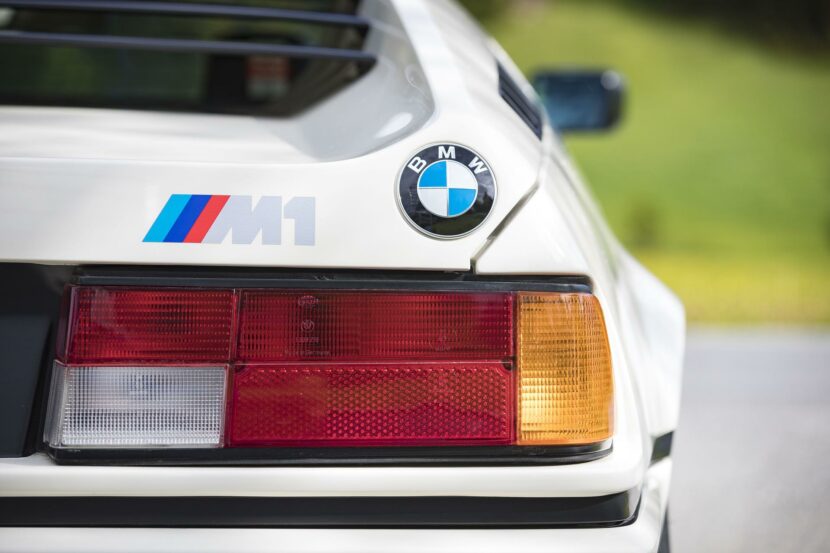BMW Group Plant Munich has been operational since 1922. It used to make aircraft engines before transitioning to automobile construction. It’s been the parent factory for over 100 years and will enter a new era in the second half of this decade. The German luxury brand has announced plans to completely phase out the production of cars with combustion engines by late 2027. After that, all vehicles that are going to roll off the assembly lines are going to be pure EVs.
Doing so will make Munich the first BMW factory in the global production network to switch entirely to electric cars. The gradual transition has already commenced as BMW has relocated engine manufacturing to Steyr in Austria and to Hams-Hall in the United Kingdom. As many as 1,200 workers from the plant in Munich have either been trained for new production-related tasks or have taken jobs at other factories.
On the road to all-electric car production, BMW is investing €650 million while maintaining the existing output of about 1,000 vehicles each day. Come 2026, a fully electric sedan based on the Neue Klasse platform will begin to roll off the assembly line. It’s expected to be a production version of the Vision Neue Klasse concept unveiled last year, with sixth-generation round battery cells.
BMW Group Plant Munich employs about 7,800 people from over 50 countries and builds a variety of products from the vast 3 Series and 4 Series lineups. These include the high-performance M derivatives such as the M3 Touring as well as the fully electric i4. Every second car built there doesn’t have a combustion engine, so the stage is set for the factory to go all in on EVs in less than four years from now.
To prepare for an all-electric output at the Munich plant by the end of 2027, BMW is spending money on four buildings, including an assembly line and a body shop.
Source: BMW






































































